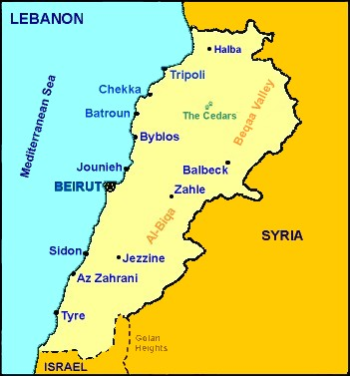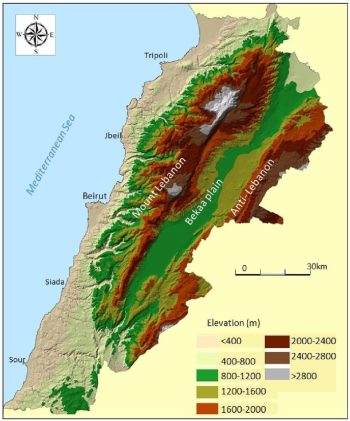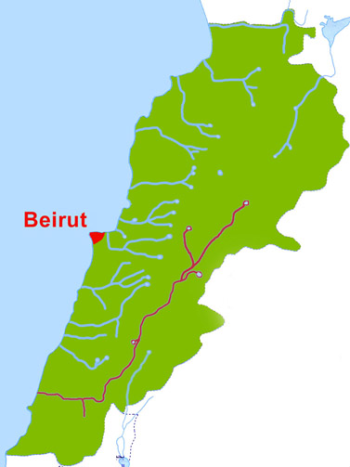Ezekiel 28 appears to say the Fallen Cherub had a golden "covering", though taken to mean his "skin", I think it refers to a tent, or rather a golden sanctuary in the Garden of Eden, at the Summit of the Mountain of God. A Temple's gilded holy place with Cherubim on the walls.
Alternate explanations not covered here is Lucifer is a fallen angel, but not the original. Members of the divine Council of El rebel and get cast out, Isaiah 14's Helel, "Lucifer" the Morning Star and Ezekial 28's (Celestial) "Prince of Tyre" are apparently two such members. Sometimes for a nation to attack Israel means a member rebels against Yhwh, causing heavenly war, as Yahweh fought the (Celestial) Prince of Persia. There are also times these celestial princes attack Israel with permission or orders to do so from Yahweh.
Isaiah taunts the "morning star" the divine patron over Babylon that is cast down from trying to set himself over the other angelic star-sons of El and Elyon (Isa 14:14) and is cast down. The celestial "prince of Tyre" is condemned for thinking himself to be God (Eze 28:2-10) who is distinct from the "king of Tyre" who is being punished for corrupting his wisdom (Eze 28:12-19). Yahweh roused the "spirit [single] of the kings [plural] of the Medes" is the angelic patron of Medes (Jer 51:11). The heaven and earth are seen as counterparts, when a nation rebels against Israel, its angelic patron is likewise rebelling (Dan 8:3, 20-21) like the "prince of Persia" who withstood Yahweh and required one of the Archangels, Michael, to aid him (Dan 10:13).
The modern Jews refute that Satan fell at all, claiming he's just God's agent, a heavenly prosecutor, and those saying he's evil is just a Christian invention they've superimposed on the Torah by the book of Revelations. But that is an anti-angel myth/anti-Christian cover up.
Beliar the Prince of Darkness and the War in Heaven
Beliar the Prince of Darkness is a known satanic figure the Rabbis say existed before the creation of the world, and sinfully declared himself equal with God (Pesikta Rabbati 20:2; 53:2; Yalkut Re'uveni 1:19; Midrash Alphabetot 434), which some angels followed, ultimately leading to the "binding" of Beliar, the Prince of Darkness (Testament of Levi 18:12; Isaiah 24:22-23).
Genesis may elude to this event. It speaks of Day One as the separation of the light and the darkness (Gen 1:4). Other Bible passages describe a pre-existing light that came from a primordial darkness, that both were once one thing, and the light was created by separating them, "I formed [yotzor (H#3335)] light and create [borei (H#1254)] darkness" (Isa 45:7). This is moment is described as a purification of heaven before the foundation of world (1 Samuel 22:12; Psalms 18:9; Job 26:12-13).
Angel revolt that caused an ongoing conflict between the "sons of light" (Luke 16:8 (1-13); John 12:36; Ephesians 5:8; 1 Thes 5:5; Mt 5:14-16; Thomas 50) as opposed to the "sons of Belair" (1 Samuel 1:16; 2:12; 2 Corinthians 6:14-15), or devil (Matthew 23:33; Luke 3:7; John 8:44; 12:34) or perdition (John 17:12; 2 Thes 2:3).
In the Dead Sea Scrolls, the Melchizedek text fragments discovered in 1956, where Melchizedek appears to be an angelic-elohim judge of a council of elohim-gods, sent before the last judgment to atone for "the sons of (light), (the l)ot of Mel(ch)izedek" and to judge "the sons of darkness" free his people from "Belial and his angels" (11Q13). In the Testament of Amram, there is a warrior called the "Prince of Light", a great Watcher and his enemy is the "Prince of Darkness" (4Q'Amram), but other fragments of 4Q also calls the two "Melchizedek" (king of righteousness) and "Melchiresa" (king of evil) (4Q 286-287, 280-282).
'Melchizedek" here seems to be a pre-incarnate angelic member of the angelic council who plays a role in the judgment; but its as or more likely that this is actually Yahweh, using the title "Melchizedek" (king of righteousness). As Righteousness “[Tzedek]” was an Epitaph for the Messiah (Isaiah 51:4-5) a messianic title (1QIsaiah), so is "Righteous One" (Acts 3:14; 7:52; 22:14; 1 Peter 3:18; 1 John 2:1; 1 Enoch 38:2; 53:6).
The War Scroll accounts a heavenly war, "the Prince of Light thou hast appointed from ancient times to come to our support... and all the spirits of truth as under his domain." (1QM XIII). "All the children of light are ruled by the Prince of Light and walk in the ways of light, but the children of falsehood are ruled by the Angel of Darkness and walk in the ways of darkness." (1QS III).
The angels that were cast out to earth was world of water...
Rahab, the Angel of the Sea, Leviathan, the Dragon and the Rebellion of the Waters
In the Canaanite myth of Ba'al, the lord god of Phoenicia, help make the cosmos habitable by fighting and killing "Yam", the sea dragon or Yam the primeval sea of "chaos". (Canaanite Myth, Hebrew Epic, page 112-124 ). Because the faiths and languages weren't so dissimilar, Israelite Psalmists would take older Canaanite hymns and swap Ba'al's name with Yahweh's name, usually with regards to being as the king of the gods. And also like Ba'al there are signs in the psalms and other scriptures that Yahweh had defeated a sea dragon in a similar fashion in the past.
Genesis may account for this when it says "the sea [H#3220 Yam]" already existed "without form [tohu (H#8414), chaos]" that stood on the "void [vohu (H#922)]", the "darkness" of the "deep [tehom (H#8415) the abyss, ocean]", also known as a place of swallowing (Ecclesiastes 1:7). Fortunately, the "spirit [ruah (H#7307) wind/spirit]" fluttered or had power over it (Genesis 1:2) and by extension the dragons in it (Genesis 1:21).
After the first day, the light was separated from the darkness. On the second day, how the waters below were separated from the waters that formed the firmament (Gen 1:6). The waters are depicted as rebellious (Psalms 93:3) so the waters had to be rebuked so land would appear (Genesis 1:9; Nah 1:4) then to keep it separated, the Lord set a boundary for the sea (Jer 5:22). Israelite poetry portrays the enemies of Israel as sea monsters and flood waters (Ps 69:1-4; 93:1-4). Which is strange for a land with little water, that isn't subject to flooding, to personify evil with water that Israel is endanger from. They are actually referring to an ancient enemy.
Job says the "dead" the shades and the inhabitants of the water trembled in the abyss as the north stretched over the void, the waters were bound into thick clouds (the firmament) becoming as a veil to cover the face of the throne (Job 24:5-9). God marked out a circle between the day and the night (light and the darkness), and split the "proud" of the sea, so that that sea would stay still, thus the heavens were made pure by the "Spirit [Ruah]" and pierced the serpent (Job 26:10-13).
The rebel angel of Sea is named "Rahab" (Job 9:13). Rahab is also the dragon, the "Leviathan" (Job 41:1; Isa 22:1). The Lord drove back the sea and smashed the heads of the monsters in the waters (Ps 74:13). Rahab the Dragon was slain (Isa 27:1; 51:9; Ps 89:10), defeated (Isa 51:9) or tamed (Job 40:1, 45). The star-sons of God “sang for joy” to witness the sea defeated when foundations of the earth were laid the third day (Job 38:7) and bonds were set for the "waves" of the "proud" (Job 38:8-11).
The angel revolts repeat.




